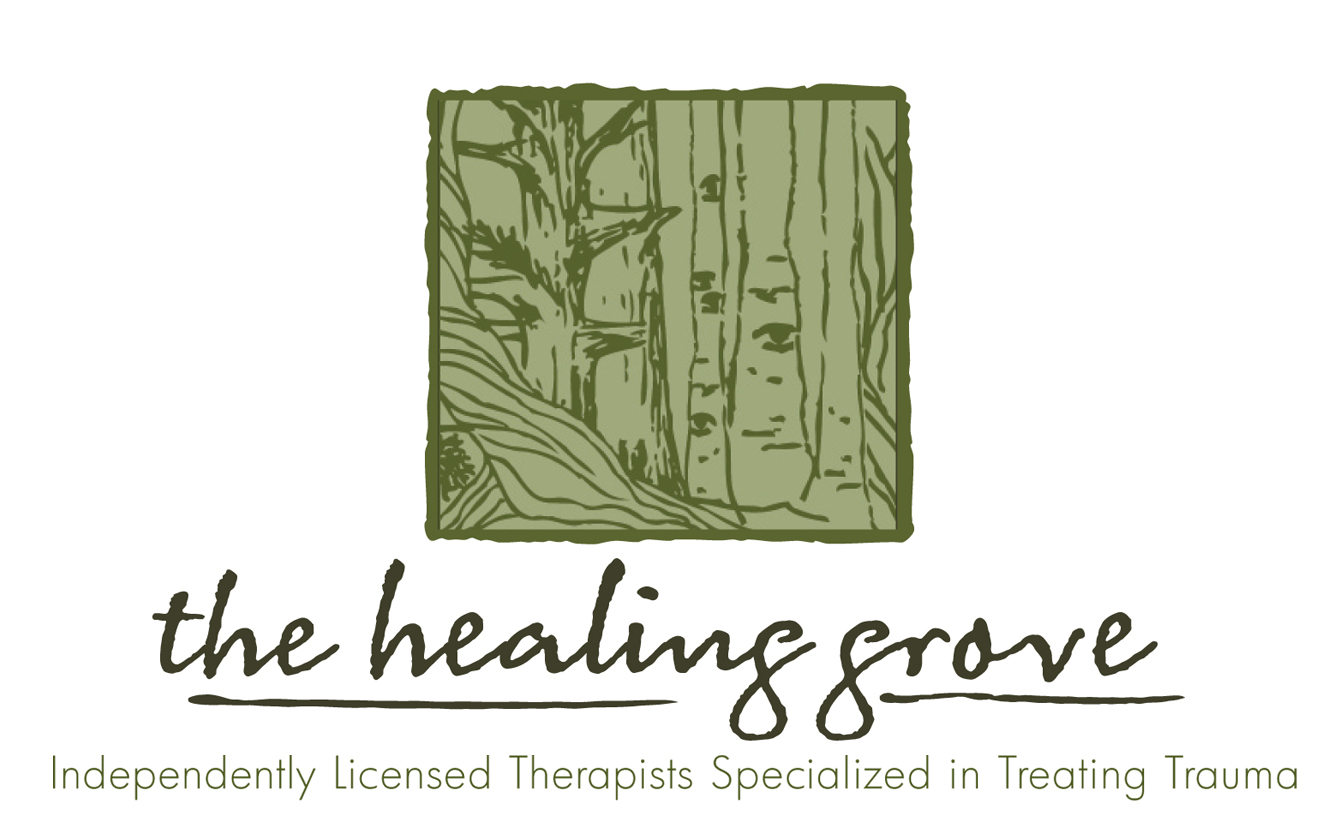Coping with Emotional Trauma
Trauma is described as a threatening and overwhelming experience that may cause a person to react with helplessness and paralysis. The individual experiencing the trauma can feel that there is absolutely nothing he/she can do to alter the outcome of events, leaving them with a sense of powerlessness and terror including a loss of agency over the self: a sense of ownership.
Post Traumatic Stress Disorder
If unresolved, trauma can become Post Traumatic Stress Disorder (PTSD).The symptoms of PTSD may include; irritability, anxiety, sleep disorders, re-experiencing (such as nightmares or intrusive thoughts), anger outbursts, dissociation, and sometimes somatic disturbances (unexplained pain or even paralysis). The symptoms are our body’s defenses in reaction to perceived threat (that is no longer present). In short, our bodies utilize the Fight/Flight/Freeze response to sensory experiences that trigger us to the initial trauma.
Treatments including Eye Movement Desensitization and Reprocessing
Psychopharmacological therapies are available to treat post-trauma symptomatology. However, they are often inadequate to dampen the neurological, physiological, and psychological impact of abuse. Individualized therapies such as EMDR are highly beneficial for subjects suffering from trauma. See emdria.org.
